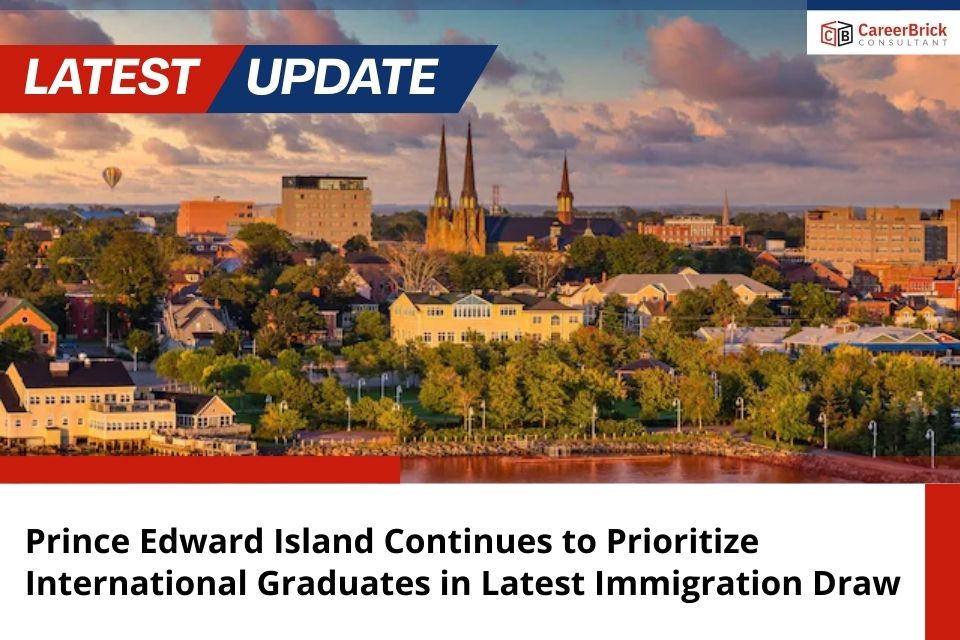As of November 8th, 2024, Immigration, Refugees, and Citizenship Canada (IRCC) no longer accepts study permit applications received through the Student Direct Stream (SDS).
IRCC has also discontinued the Nigeria Student Express (NSE) program for study permit applicants from Nigeria.
Moving forward, all study permit applications will be filed through the usual application process.
In 2018, the SDS was established to expedite study permit applications for international students from 14 countries, including India, China, Pakistan, and the Philippines.
Notably, in addition to regular study permit requirements, SDS candidates were needed to produce language test results and proof that they have opened a Canadian Guaranteed Investment Certificate (GIC) worth $20,635 CAD.
Start your study permit application early
Historically, the SDS had greater approval rates and faster processing times than the conventional study permit application process. As a result, students planning to apply through the SDS may expect longer processing delays.
Regular study permit processing periods vary by nation. For example, as of November 8th, the average processing period for applications received from India is now eight weeks.
Recent revisions in Canada's international student program
New regulations for Canada's foreign student program have been announced for 2024, as the federal government seeks to control the number of temporary residents (study and work visa holders) in the country.
Over the last 12 months, IRCC has:
A new study permit issuing cap has been implemented. In 2025, this cap is scheduled at 437,000 new study permits, which will include master's and PhD students.
Implemented new language and field of study eligibility for students seeking a Post-Graduation Work Permit (PGWP);
Spouses of international students have limited access to employment visas.
The cost of living criteria for overseas students applying for a study permit in Canada has been updated.







